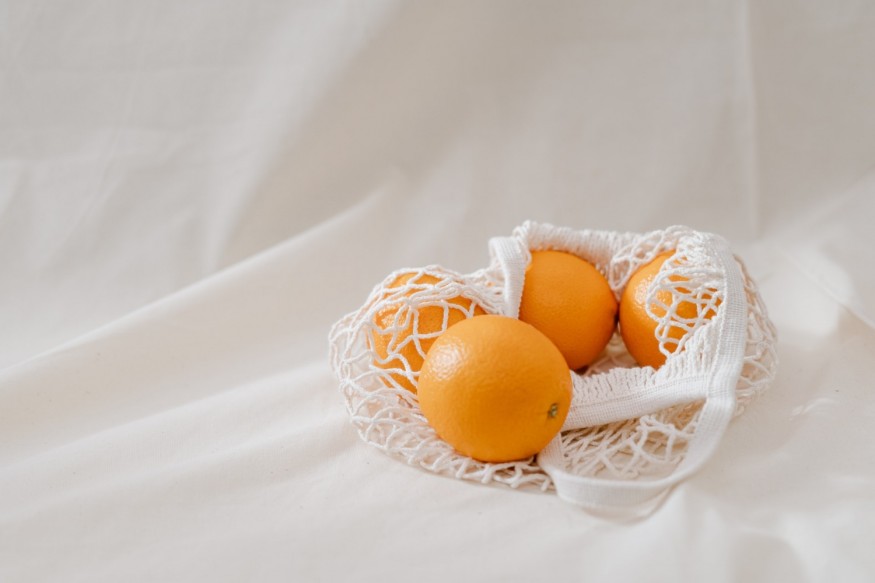
From 1st October, bans and restrictions will be placed on single-use plastic items including plastic plates, cutlery, bowls, cups and food containers. This means retailers, takeaways or food vendors will not be allowed to sell these items as part of an ongoing government battle to reduce litter and protect the environment from plastic pollution.
"The idea is that an item with a single use is not sustainable and not being recycled as much as we think," explains Ben Sweiry of startup Dime Alley.
"Figures show recycling rates for single use plastics are 10% and this is not high enough given the amount of pollution and litter created from retailers, public use, takeaways and just one-off uses."
The new regulations were made officially by the government in January and significant work has taken place throughout 2023 to offer guidance and support for retailers and how to carry it out effectively.
"The issue is that plastic pollution takes hundreds of years to break down," continues Sweiry. "The general public is starting to come round to the impact that this has on our ocean, rivers and land and greenhouse gas emissions, anywhere from its production and to how it is disposed of."
UKHospitality Chief Executive Kate Nicholls said:
Hospitality businesses have made huge strides in reducing their plastic usage and that progress has resulted in the vast majority of venues already eliminating single-use cutlery from their operations, a crucial part of our ambitions to reach net zero.
We've been pleased to work with the Government to ensure these new bans and restrictions are also practical for hospitality businesses, all while working towards the nation's sustainability goals.
Helen Bird, Head of Material Systems at WRAP, said to Gov.uk:
Single-use plastics dominate our world, and have even become embedded into the planet itself. This ban is an important moment in tackling the scourge of plastic pollution.
Since 2018, WRAP has worked with businesses under The UK Plastics Pact to eliminate all unnecessary and unrecyclable plastic packaging. Since then, 620 million single use plastic items have been removed from shops. But we must go further, including on plastic packaging on most fruit and vegetables - and help save shoppers money by allowing people to buy what they need.
Environment Minister Rebecca Pow said:
This new ban is the next big step in our mission to crack down on harmful plastic waste. It will protect the environment and help to cut litter - stopping plastic pollution dirtying our streets and threatening our wildlife.
This builds on world-leading bans on straws, stirrers and cotton buds, our single-use carrier bag charge and our plastic packaging tax, helping us on our journey to eliminate all avoidable plastic waste by 2042. (Source: Trending Impact)
The Government has been working closely with retailers and businesses to help them gear up for the new requirements, giving them 9 months to sell off any existing stock and source alternatives.
The public have responded with 95% in favor of this decision and businesses will help do their part by finding alternatives such as wooden cutlery, tin foil and cardboard boxes. Interestingly, when surveyed, plastic cutlery was in the top 15 most littered items in the last year.
Shelf-ready pre-packaged food items will also be included in the plans to hopefully incentivise producers and manufacturers to use less packaging and meet higher recycling targets.
In addition to this ban, the UK Government has also introduced the Plastic Packaging Tax in April 2022. This will add a tax of more than £200 per tonne on plastic packaging manufactured in or imported to the UK for products that do not contain at least 30% recycled plastic.
© 2025 NatureWorldNews.com All rights reserved. Do not reproduce without permission.





